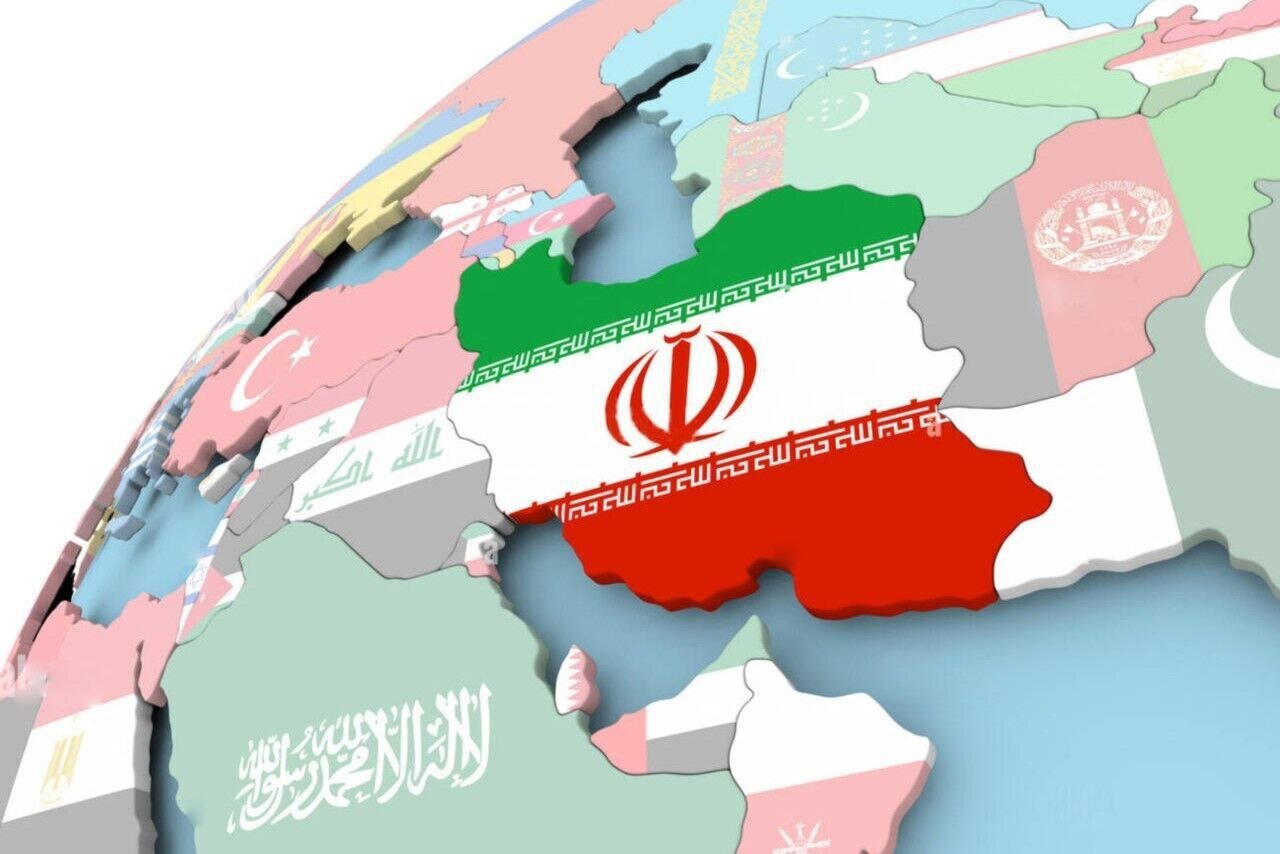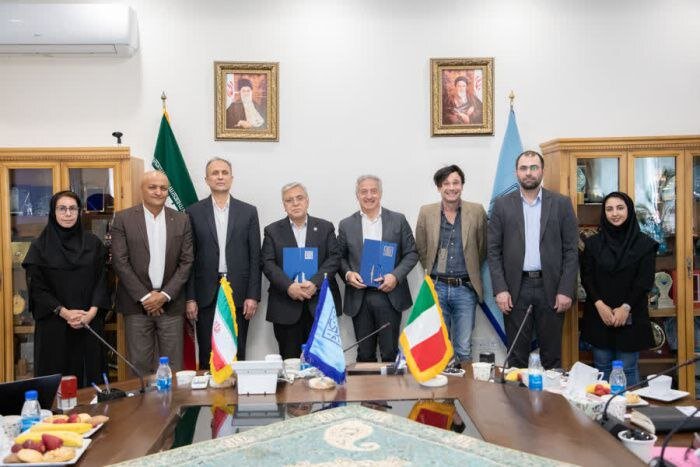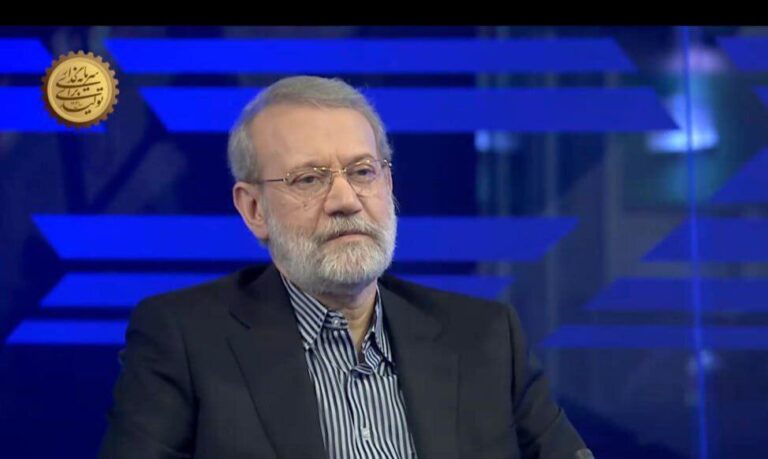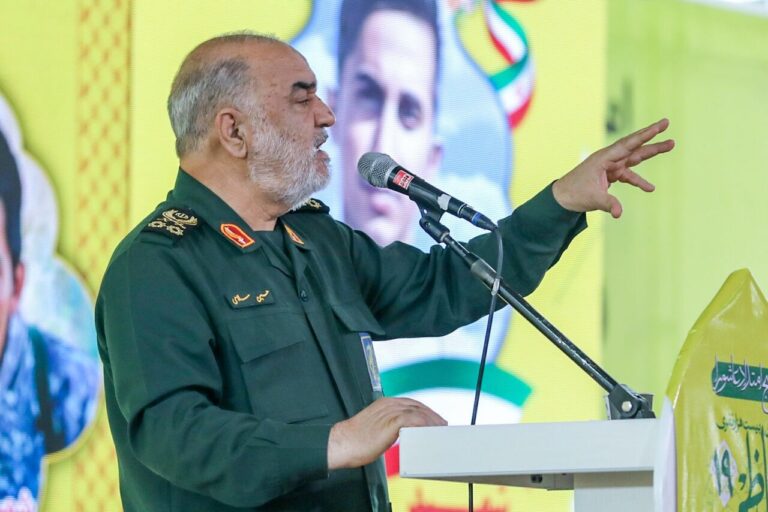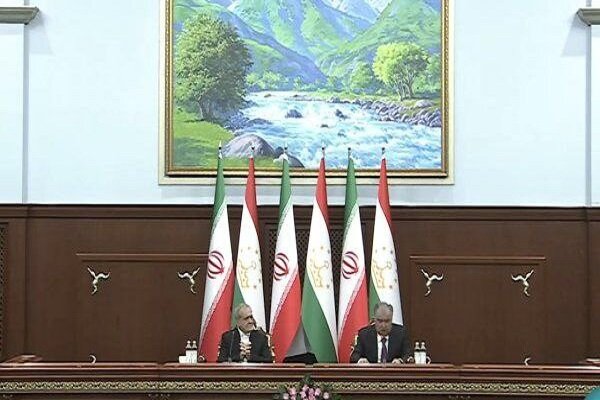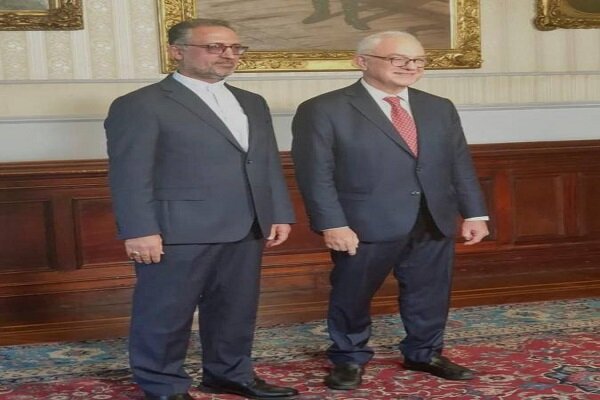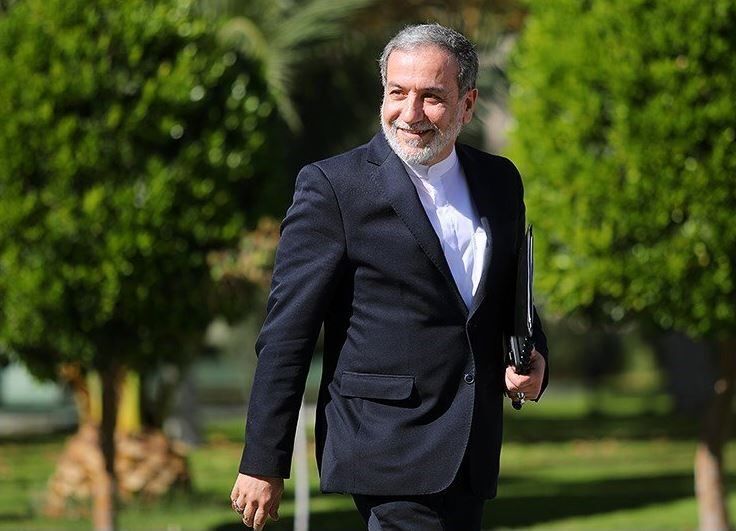Iran Advances Science Diplomacy by Focusing on Neighboring Nations, Says Official
The Iranian government is actively prioritizing scientific collaborations with neighboring countries, as emphasized by a key official from the Ministry of Science, Research, and Technology. This collaborative approach aims to leverage the significant scientific capabilities of neighboring nations while addressing their need for Iran’s advanced science and technology.
According to Farhad Yazdandoost, the official in question, “the high capacities of the neighboring countries, on one hand, and their need to import Iran’s science and technology, on the other hand, will lay the basis for the expansion of relations,” as reported by IRNA.
Since the Islamic Revolution in 1979, Iran has made remarkable progress in the fields of science, technology, and higher education. These advancements have been showcased through strong interactions with universities worldwide. The achievements of Iranian scientific elites on the global stage serve as a testament to this progress.
Under the leadership of President Masoud Pezeshkian, the administration is committed to revitalizing and enhancing collaborative efforts with countries where scientific development is a primary focus. Yazdandoost noted that this initiative extends beyond just neighboring countries. He stated, “We are strengthening scientific and international partnerships with the Commonwealth of Independent States (CIS) countries.”
Moreover, the plan includes establishing connections with some non-neighboring countries that depend on external scientific support. By sharing expertise and knowledge, Iran aims to foster scientific growth in these nations. The official highlighted the importance of cooperation with leading Asian countries in science, such as China and South Korea, as well as nations in Africa and South America. This strategy will enhance understanding of Iran’s scientific potential, leading to mutually beneficial outcomes.
Growth in Science Production Post-Islamic Revolution
The landscape of scientific production in Iran has shown consistent growth following the 1979 Islamic Revolution. According to reports, Iran has climbed an impressive 33 positions in the global rankings for scientific output, moving from 50th place in 1980 to 17th place in 2024. Currently, Iran holds the second position in science production among Islamic nations, a significant improvement from its fifth place in 1980, as noted by Mehr news agency.
Over the past 46 years, Iran has achieved substantial progress across various sectors, including science, health, security, economy, industry, and legislation. A review of data from Scopus illustrates a dramatic increase in scientific output. Key milestones include:
- 1980: 284 published articles
- 1999: 1,450 published articles
- 2005: 8,497 published articles
- 2024: 75,928 published articles
Despite facing ongoing sanctions, Iran has ambitions to improve its scientific production ranking from 17th to 12th by 2027. However, Shahin Akhoundzadeh, an official from the health ministry, pointed out that due to sanctions and economic restrictions, Iran’s ranking has slipped from 15th to 17th in recent years.
Akhoundzadeh emphasized the need for Iran to address setbacks in research and technology by:
- Providing adequate funding for scientific endeavors.
- Facilitating research opportunities.
- Promoting a meritocratic system that encourages young talents to stay in the country.
These steps are crucial for reversing the trend of young elites migrating abroad and ensuring that Iran retains its scientific talent and potential.
In conclusion, Iran’s commitment to enhancing scientific collaborations and increasing its global ranking in scientific production reflects a broader strategy aimed at fostering innovation and development in the region. The government’s focus on international partnerships and scientific growth is poised to yield significant benefits, both domestically and abroad.
As this initiative unfolds, it will be crucial for the Iranian administration to navigate the challenges posed by sanctions and other economic restrictions while continuing to invest in its scientific community to achieve its ambitious goals.
